Explore All Articles
All Articles
Article Topic
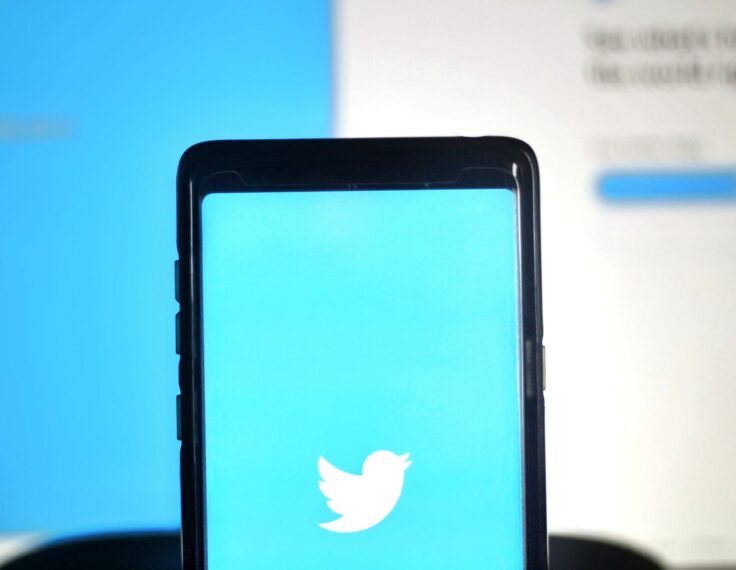
A pro-government disinformation campaign on Indonesian Papua
Dave McRae, Maria del Mar Quiroga, Daniel Russo-Batterham and Kim Doyle
This research identifies an Indonesian-language Twitter disinformation campaign posting pro-government materials on Indonesian governance in Papua, site of a protracted ethno-nationalist, pro-independence insurgency. Curiously, the campaign does not employ common disinformation tactics such as hashtag flooding or the posting of clickbait with high engagement potential, nor does it seek to build user profiles that would make the accounts posting this material appear as important participants in a debate over Papua’s status.
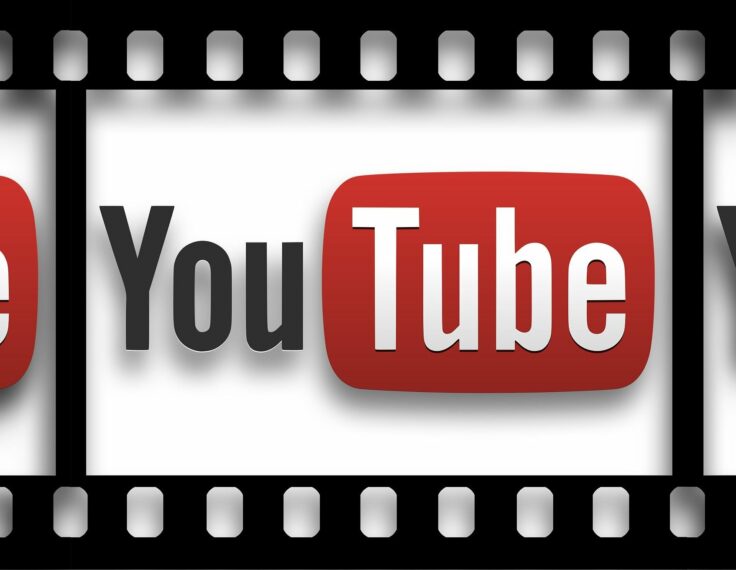
Where conspiracy theories flourish: A study of YouTube comments and Bill Gates conspiracy theories
Lan Ha, Timothy Graham and Joanne Gray
We studied YouTube comments posted to Covid-19 news videos featuring Bill Gates and found they were dominated by conspiracy theories. Our results suggest the platform’s comments feature operates as a relatively unmoderated social media space where conspiracy theories circulate unchecked. We outline steps that YouTube can take now to improve its approach to moderating misinformation.
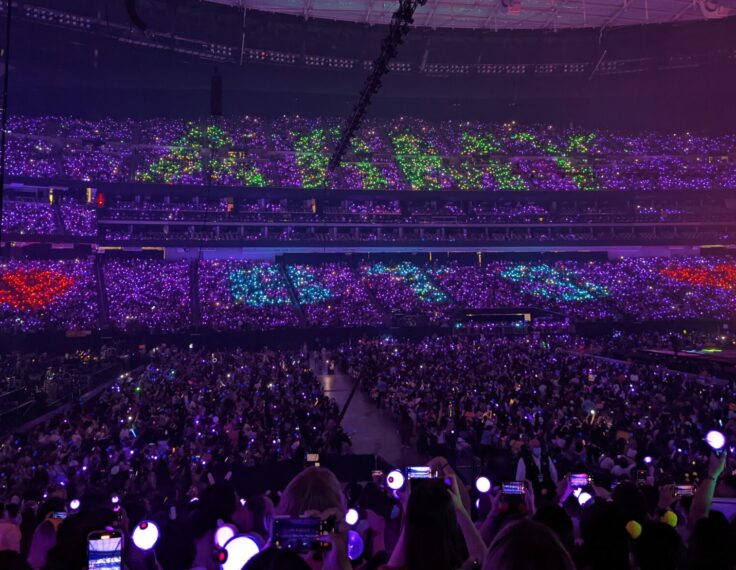
Community-based strategies for combating misinformation: Learning from a popular culture fandom
Jin Ha Lee, Nicole Santero, Arpita Bhattacharya, Emma May and Emma S. Spiro
Through the lens of one of the fastest-growing international fandoms, this study explores everyday misinformation in the context of networked online environments. Findings show that fans experience a range of misinformation, similar to what we see in other political, health, or crisis contexts.
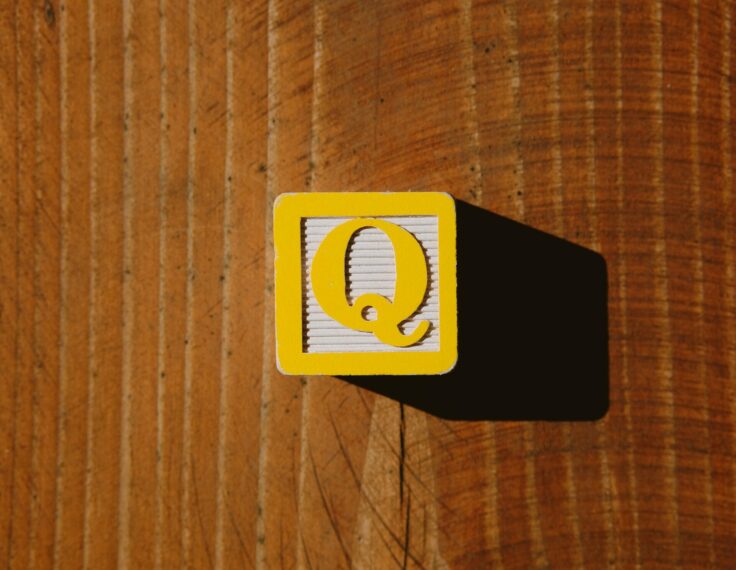
Legislator criticism of a candidate’s conspiracy beliefs reduces support for the conspiracy but not the candidate: Evidence from Marjorie Taylor Greene and QAnon
Victor Wu, John Carey, Brendan Nyhan and Jason Reifler
In November 2020, Georgia Republican Marjorie Taylor Greene became the first open supporter of QAnon to be elected to the United States Congress. Despite criticism from Democrats, Republicans, and the media for her belief in this dangerous conspiracy theory, Greene remains a prominent national figure and a member of Congress.

Audio misinformation on WhatsApp: A case study from Lebanon
Azza El-Masri, Martin J. Riedl and Samuel Woolley
Since 2019, Lebanon has witnessed sequential crises that have routinely spurred media attention. A great deal of misinformation has proliferated during these events, much of it spreading on WhatsApp. One format is particularly understudied: audio instant messages, otherwise known as voice notes.

Cognitive reflection is associated with greater truth discernment for COVID-19 headlines, less trust but greater use of formal information sources, and greater willingness to pay for masks among social media users in Pakistan
Ayesha Ali and Ihsan Ayyub Qazi
We evaluated the relationship between individual differences in cognitive reflection and the ability to discern between true and false COVID-19 information, trust in information sources for receiving COVID-19 information and willingness to pay (WTP) for masks, using a sample of 621 low- and middle-income users in Pakistan.

Measuring the effect of Facebook’s downranking interventions against groups and websites that repeatedly share misinformation
Emmanuel M. Vincent, Héloïse Théro and Shaden Shabayek
Facebook has claimed to fight misinformation notably by reducing the virality of posts shared by “repeat offender” websites. The platform recently extended this policy to groups. We identified websites and groups that repeatedly publish false information according to fact checkers and investigated the implementation and impact of Facebook’s measures against them.

Clarity for friends, confusion for foes: Russian vaccine propaganda in Ukraine and Serbia
Katrina Keegan
This paper examines how Russia tailors its vaccine propaganda to hostile and friendly audiences, like Ukraine and Serbia. Web scraping of all articles about vaccines on Russian state-owned websites from December 2020 to November 2021 provided data for quantitative topic modeling and qualitative analysis.
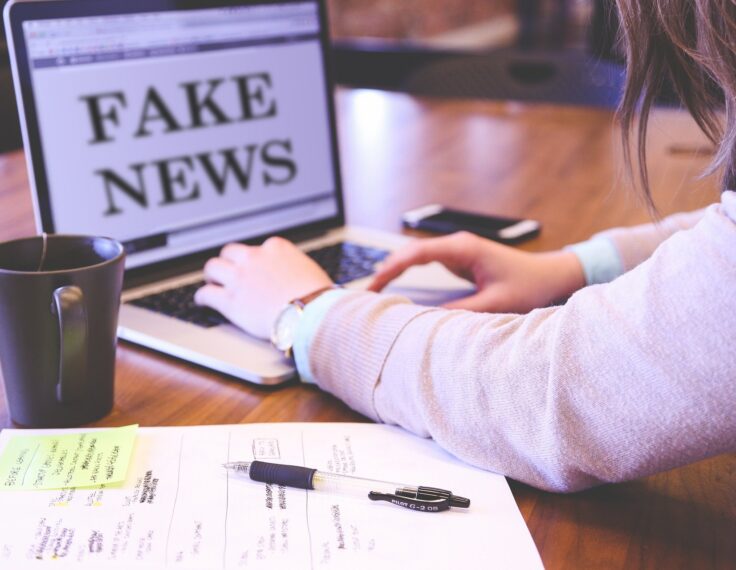
Who is afraid of fake news? Modeling risk perceptions of misinformation in 142 countries
Aleksi Knuutila, Lisa-Maria Neudert and Philip N. Howard
Using survey data from 154,195 respondents in 142 countries, we investigate internet user perceptions of the risks associated with being exposed to misinformation. We find that: 1) The majority of regular internet users globally (58.5%) worry about misinformation, and young and low-income groups are most likely to be concerned. 2) Risk perception among internet users varies starkly across regions whereby concern is highest in Latin America and the Caribbean (74.2%), and lowest in South Asia (31.2%). 3)

Partisan reasoning in a high stakes environment: Assessing partisan informational gaps on COVID-19
Erik Peterson and Shanto Iyengar
Using a survey conducted in July 2020, we establish a divide in the news sources partisans prefer for information about the COVID-19 pandemic and observe partisan disagreements in beliefs about the virus. These divides persist when respondents face financial costs for incorrectly answering questions.

